More about: Manic Street Preachers
Manic Street Preachers' fans were overjoyed this week to hear that they'll be celebrating their classic 1996 album Everything Must Go with a huge gig in Swansea. To celebrate, we've ranked the songs from the seminal LP in order of greatness. It's going to be one hell of a setlist next year.
1994's twisted masterpiece The Holy Bible was once described as 'a triumph of art over logic'. That's true, but Everything Must Go must then be a triumph of art in the face of adversity. Guitarist and lyricist Richey Edwards went missing the year before, and few thought the Manics could continue without their cornerstone.
In spite of it all, they stormed back with a world-conquering run of anthems - winning scores of new hearts, minds and ears, without diluting their credibility or their ability to share their love of art, politics and culture.
Here are the tracks from Everything Must Go - ranked in order of greatness from worst to best.
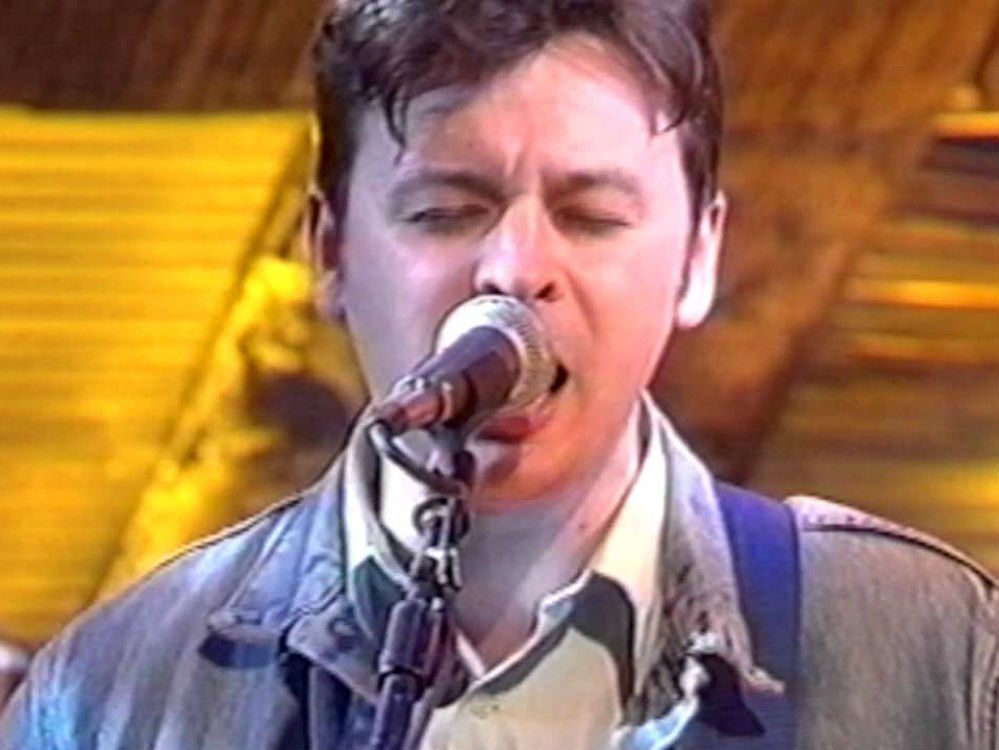
12. 'Australia': Being a staple of their sets for many years, 'Australia' became a radio smash for the Manics and another in a long line of ultimate festival anthems. You may also remember it soundtracking Renford Rejects. Glorious and euphoric as it may be, it just feels a little shallow in comparison to depth of the rest of EMG. There's just not as much to cling to as say, 'Interiors'.
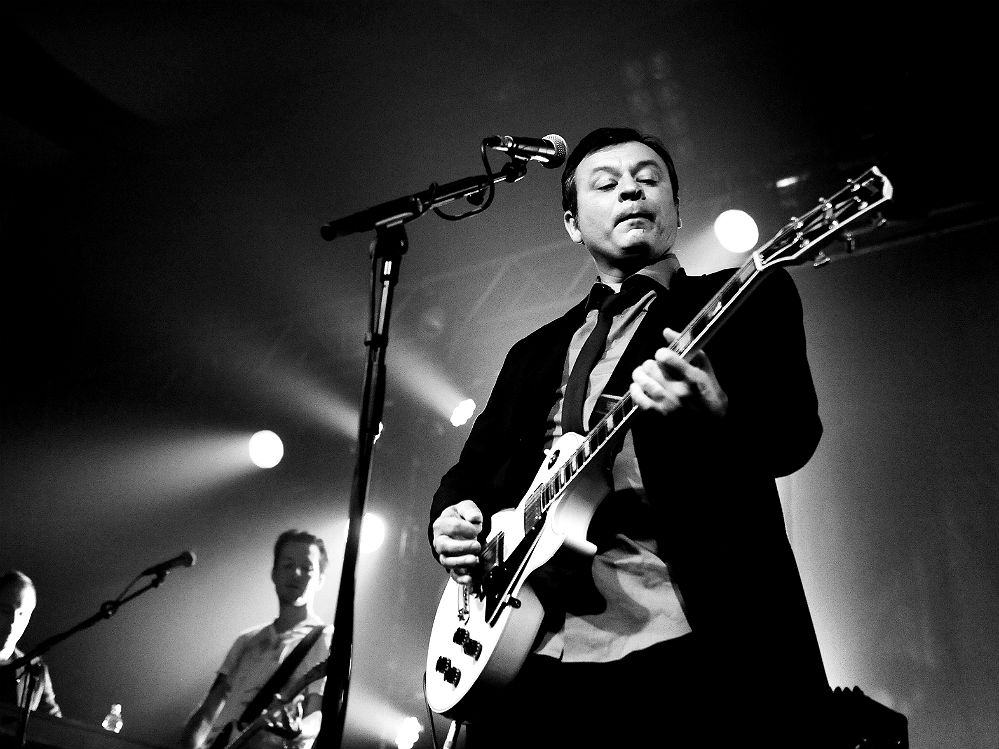
11. 'Further Away': The perfect example of the Manics' ability to take Autumnal loneliness and turn it into a miserable but rousing arena anthem. An ode to missing Richey perhaps, and it may be a great bubble of pop - however it lacks the edge of the album's countless peaks.

10. 'Removeables': A searing and brooding number made up of Edwards' existential lyrics, this piece of music torn inside out could have easily sat on The Holy Bible, but has just enough bounce to fit on EMG. In truth, a brilliant and underrated forgotten classic.
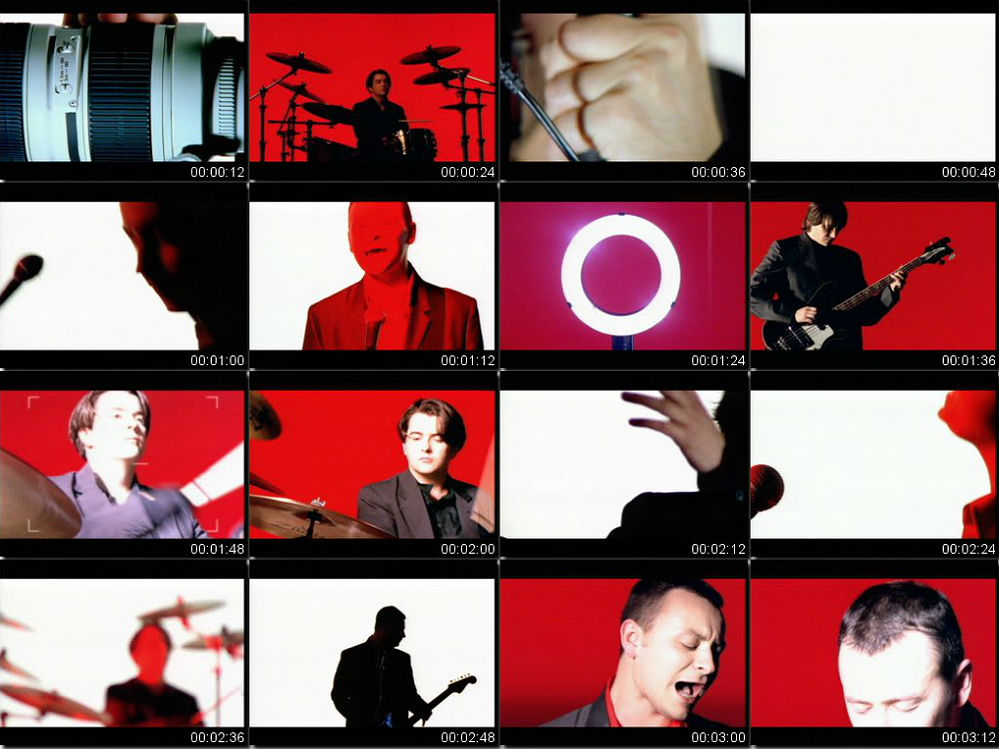
9. 'Kevin Carter': After the twisted horror of The Holy Bible, 'Kevin Carter' probably marks the most surprising sonic departure for the Manics - leaning towards a hispanic guitar sound and featuring the first of drummer Sean Moore's trumpet solos. Edwards famously showed dismay towards the sound of the track when Bradfield played it to him the night before he disappears, but the truth is you'd struggle to find a finer song about the downward spiral of shame of a Pulitzer Prize-winning photographer - especially one that hit the top 10.
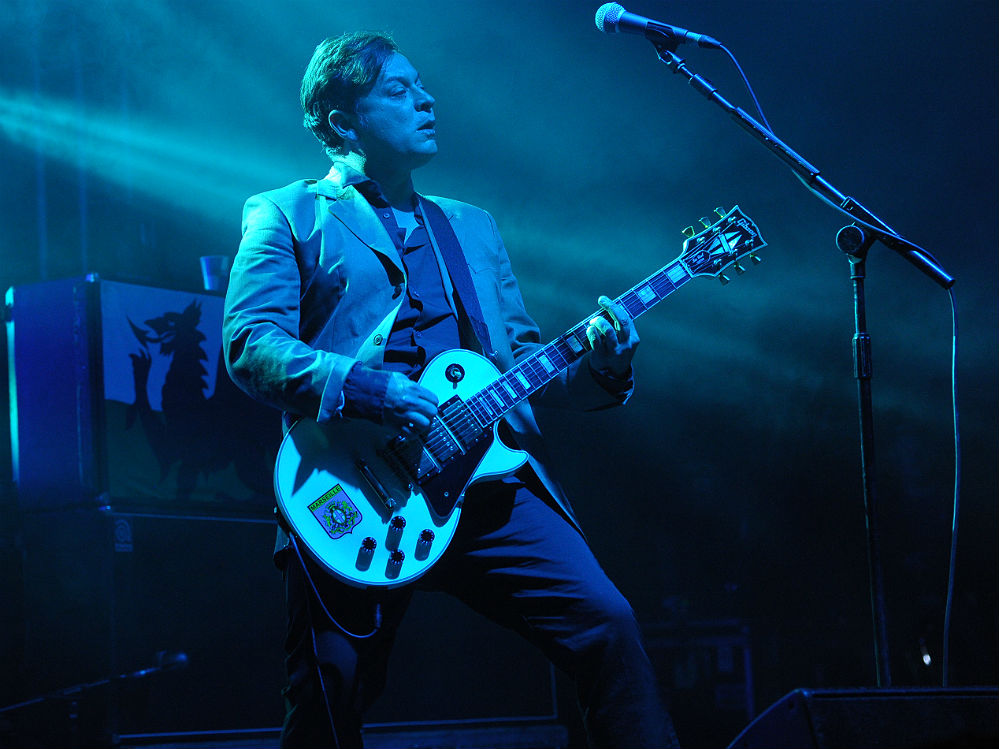
8. 'Interiors (Song For Willem De Kooning)': Like every great Manics song, a Trojan Horse hiding horse of culture, art and existentialism hidden inside true pop greatness. This soaring number references the abstract expressionist De Kooning as a prism for their own troubles, finding a new means of looking at the world to make sense of all the pain we see. 'Future' is a big, scary word after all.

7. 'Small Black Flowers That Grow In The Sky': One of Edwards' greatest left behind lyrics, the sweet string-laden nature of this number may seem at odds with the lryics' telling of the torture of animals held in captivity, but it ultimately works to conjure up the dream of escapism - something we imagine that Edwards had been longing for. It's also one of Bradfield's finest vocals.
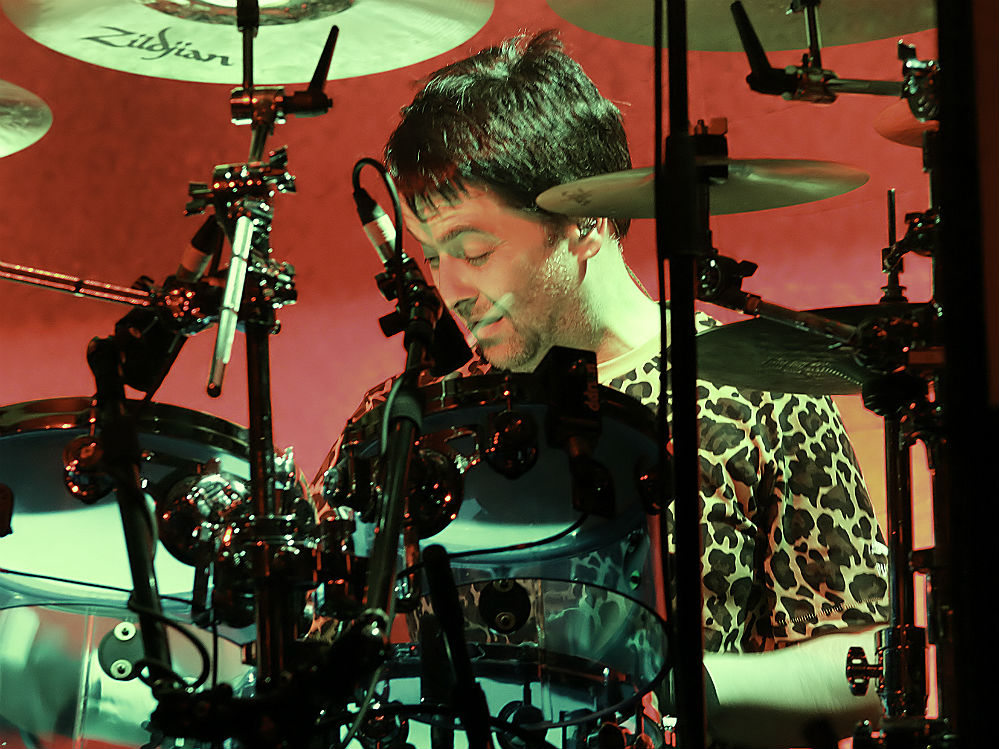
6. 'Enola/Alone': Quite simply, probably the greatest Manics single that never was - an elegiac rush of Brit-rock genius.

5. 'Elvis Impersonator: Blackpool Pier': Rivalling 'Yes' for the greatest album opener the Manics have produced, this sky-reaching treasure is an oh-so-Manics sideways look at the adoption of cheap American culture at the most unlikely of places. One of the peaks of the album comes as Bradfield howls "the future's dead fundamentally, it's so fucking funny, it's absurd" before one hell of a guitar solo.
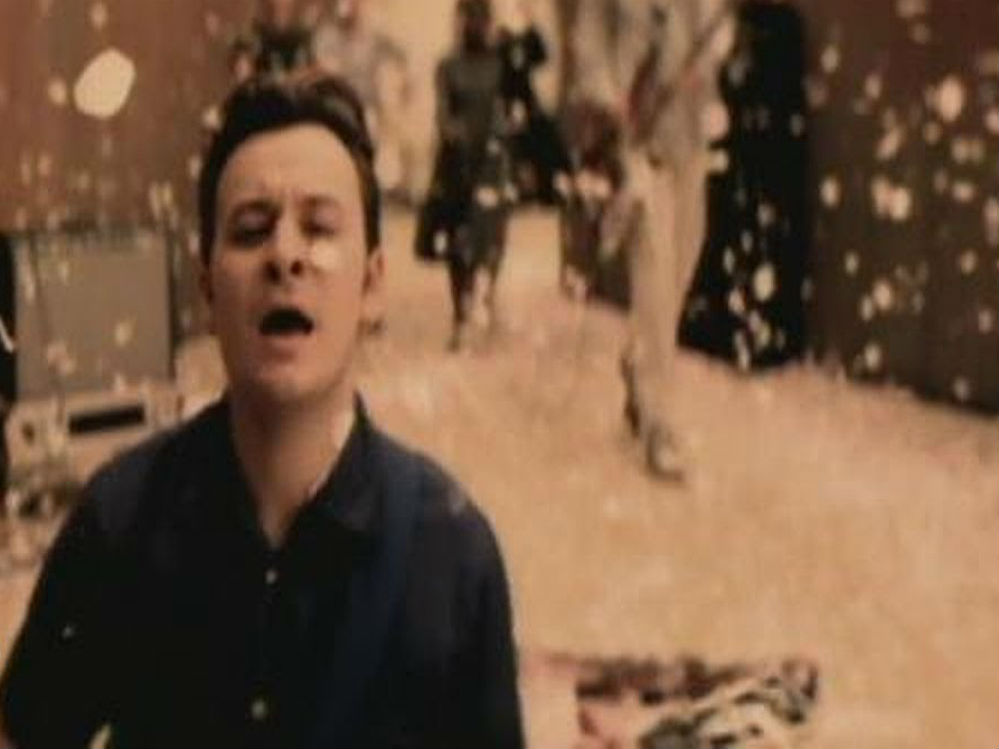
4. 'Everything Must Go': Arguably the most self-referential and brutally-honest that the band have been, James, Nicky and Sean shed their skin in an attempt to form a new order, charging fearfully into the horizon.
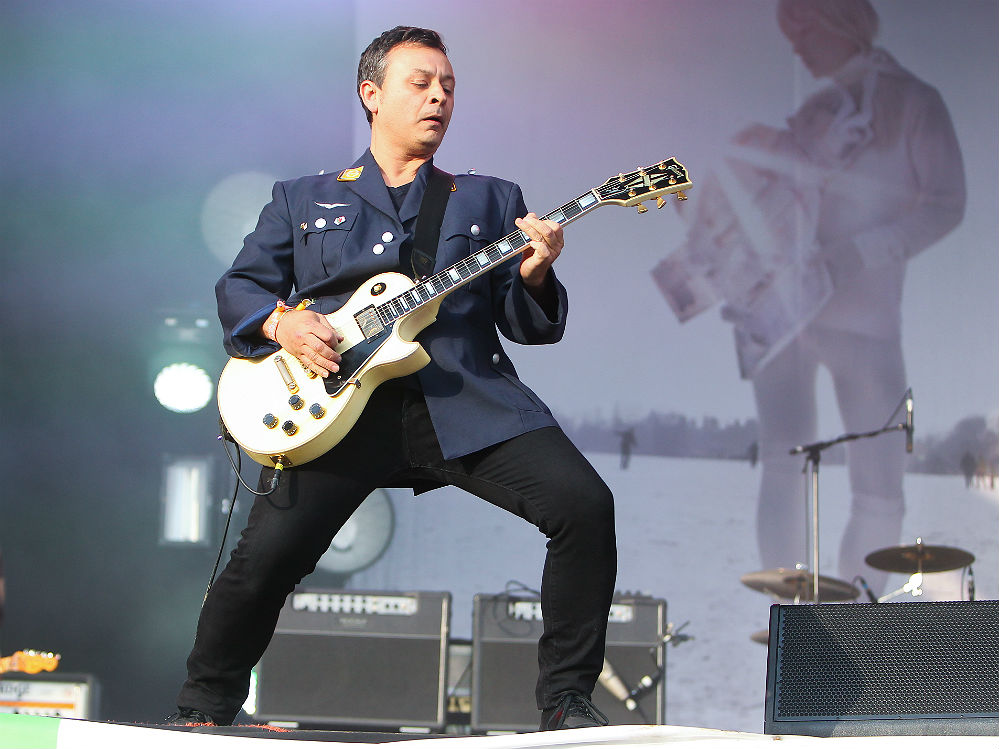
3. 'The Girl Who Wanted To Be God': A wash of catharsis on on this utterly triumphant Wire/Edwards lyrical collaboration again spits out Sylvia Plath - but its true meaning has remained a mystery to fans for two decades. Regardless, its an utterly joyful listen amid lyrics of striving for greatness through hopelessness.
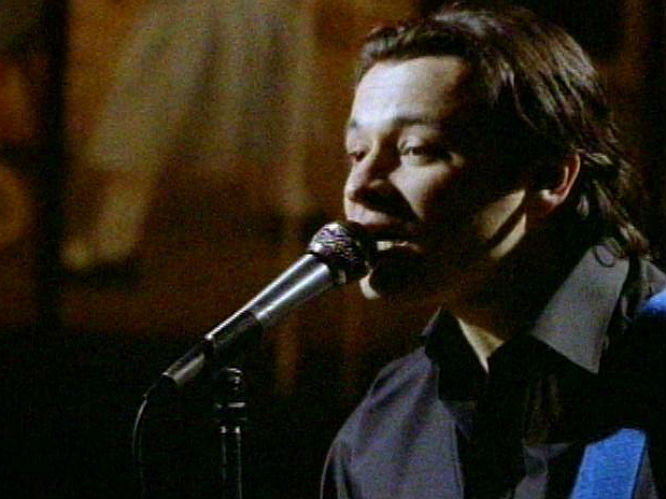
2. 'A Design For Life': Unfortunately taken at face value by many new listeners and confused Britpop-followers back in the 90s due that 'we don't talk about love, we just want to get drunk' line, this is the track that saved the Manics. Wire handed Bradfield a sheet of lyrics about civic pride and the working classes using knowledge to smash through any glass ceiling, it came to fruition when the Manics became a chart-dominating force of greatness.

1. 'No Surface All Feeling': The elegiac grace, the heavenly guitars, the piercing drums, the masterful lyrics - this closer is all that made the Manics so essential during this period. The crisp Smashing Pumpkins-esque riff sees in another typically Manics song of defiance - noting the weight of the past, but having no choice but to face the future: "What's the point in always looking back / when all you see is more and more junk". The closing section also features one of the only recorded guitar parts of Edwards. A heartbreaking tribute.
More about: Manic Street Preachers


